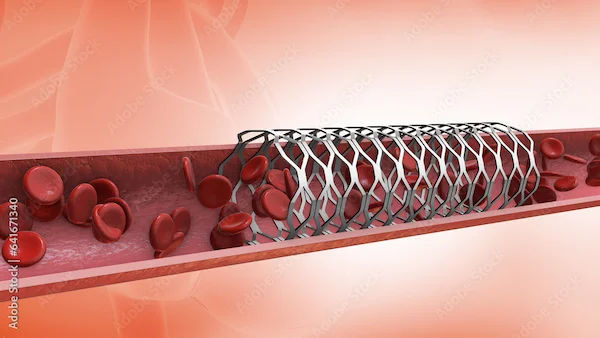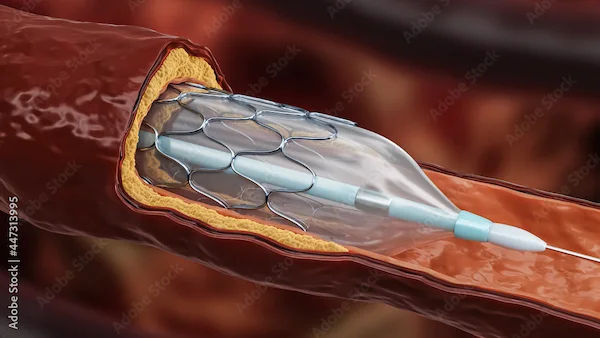Blood Clots After Bypass Surgery
Worried about blood clots post-bypass? Learn key symptoms, what to do, and essential prevention strategies to protect your heart health.

Written by Dr.Sonia Bhatt
Last updated on 20th Jul, 2025
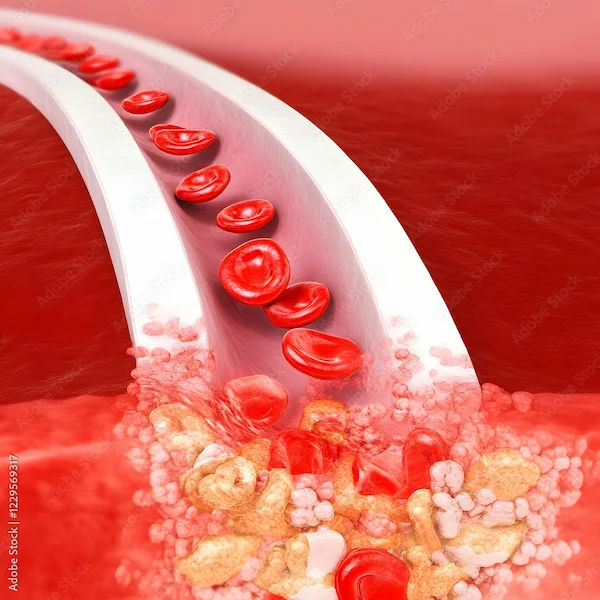
Undergoing bypass surgery is a significant medical procedure that helps improve blood flow to the heart. While the surgery itself is lifesaving, recovery comes with certain risks—one of them being blood clots. Blood clots after bypass surgery can be concerning, but with the right knowledge and precautions, they can be managed effectively.
In this article, we’ll discuss:
What blood clots are?
Why do they occur after bypass surgery?
Symptoms to watch for
How to prevent and manage them?
When to seek medical help?
What Are Blood Clots?
Blood clots are gellike clumps of blood that form when blood changes from liquid to semisolid. While clotting is a normal process that prevents excessive bleeding when injured, clots can sometimes form inside blood vessels without an obvious injury, leading to serious complications.
After bypass surgery, the risk of blood clots increases due to factors like reduced mobility, changes in blood flow, and the body's natural healing response.
Why Do Blood Clots Occur After Bypass Surgery?
Several factors contribute to blood clot formation after bypass surgery:
1. Reduced Movement – After surgery, patients are often advised to rest and limit movement, which slows blood circulation and increases clot risk.
2. Surgical Trauma – The surgery itself can cause minor damage to blood vessels, triggering clotting as part of healing.
3. Blood Flow Changes – Bypass surgery alters blood flow, which may lead to slower circulation in certain areas.
4. Dehydration – Not drinking enough fluids can thicken the blood, making clots more likely.
5. Underlying Conditions – Conditions like diabetes, high cholesterol, or a history of clotting disorders increase the risk.
Symptoms of Blood Clots After Bypass Surgery
Blood clots can form in different parts of the body, leading to different symptoms:
1. Deep Vein Thrombosis (DVT) – Clots in Legs or Arms
Swelling in one leg or arm
Pain or tenderness (often in the calf)
Warmth and redness over the affected area
2. Pulmonary Embolism (PE) – Clot Travels to Lungs
Sudden shortness of breath
Sharp chest pain (worse with deep breaths)
Rapid heartbeat
Coughing up blood
3. Clots in the Heart or Brain
Chest pain (if near the heart)
Sudden weakness, confusion, or speech difficulties (if affecting the brain)
If you experience any of these symptoms, seek medical help immediately.
Consult Specialists For personalised Tips
How to Prevent Blood Clots After Bypass Surgery
Preventing blood clots is a crucial part of recovery. Here’s what you can do:
1. Stay Active (As Advised by Your Doctor)
Gentle walking (as soon as your doctor permits)
Ankle and leg exercises while sitting or lying down
Avoid sitting or lying still for long periods
2. Wear Compression Stockings
These help improve blood flow in the legs.
3. Take Prescribed Blood Thinners
Medications like aspirin or anticoagulants (e.g., warfarin, heparin) may be given to prevent clots.
Always follow your doctor’s dosage instructions.
4. Stay Hydrated
Drink plenty of water to keep blood from thickening.
5. Avoid Smoking and Limit Alcohol
Smoking increases clotting risks, while alcohol can interfere with medications.
6. Elevate Your Legs
Helps with circulation if you’re resting for long periods.
When to See a Doctor?
Seek immediate medical attention if you notice:
Sudden swelling or pain in one leg
Difficulty breathing or chest pain
Unexplained dizziness or fainting
Signs of a stroke (slurred speech, weakness on one side)
Early detection and treatment can prevent serious complications.
Final Thoughts
Blood clots after bypass surgery are a potential risk, but with proper care, they can be prevented. Follow your doctor’s advice, stay active (as permitted), take prescribed medications, and watch for warning signs. If you have concerns about your recovery or need guidance, consult a specialist on Apollo 24|7 for expert advice and support.
Consult Top Cardiologists
Consult Specialists For personalised Tips

Dr. S B Bhattacharyya
Cardiologist
22 Years • MBBS, MD(General Medicine),DM (Cardiology)
Kolkata
Gariaheart Clinic, Kolkata

Dr. Amit. A. Bharadiya
Cardiologist
12 Years • MBBS, MD General Medicine, DNB Cardiology, FSCAI
Maharashtra
Surabhi Hospital, Maharashtra, Maharashtra
Dr. Jayarajah Mariappan
Cardiologist
45 Years • MBBS, MD(GEN MEDICINE), DM(CARDIOLOGY)
Chennai
Sooriya Hospital, Chennai
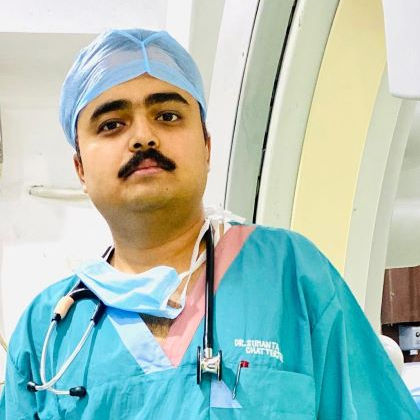
Dr. Sumanta Chatterjee
Cardiologist
12 Years • MBBS,MD General Medicine,DM Cardiology
Kolkata
HealthYou Speciality Clinic & Diagnostics., Kolkata
(25+ Patients)
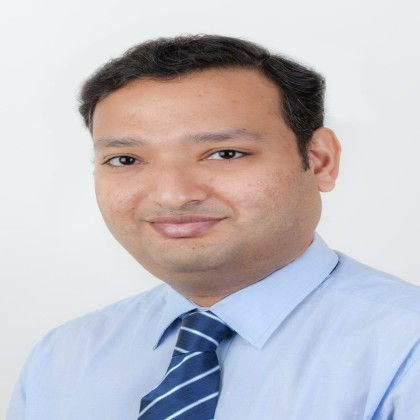
Dr. Mangesh Danej
Cardiologist
8 Years • MBBS, MD (General Medicine), DNB (Cardiology)
Pune
Dr Danej clinic, Pune
(375+ Patients)
Consult Top Cardiologists

Dr. S B Bhattacharyya
Cardiologist
22 Years • MBBS, MD(General Medicine),DM (Cardiology)
Kolkata
Gariaheart Clinic, Kolkata

Dr. Amit. A. Bharadiya
Cardiologist
12 Years • MBBS, MD General Medicine, DNB Cardiology, FSCAI
Maharashtra
Surabhi Hospital, Maharashtra, Maharashtra
Dr. Jayarajah Mariappan
Cardiologist
45 Years • MBBS, MD(GEN MEDICINE), DM(CARDIOLOGY)
Chennai
Sooriya Hospital, Chennai

Dr. Sumanta Chatterjee
Cardiologist
12 Years • MBBS,MD General Medicine,DM Cardiology
Kolkata
HealthYou Speciality Clinic & Diagnostics., Kolkata
(25+ Patients)

Dr. Mangesh Danej
Cardiologist
8 Years • MBBS, MD (General Medicine), DNB (Cardiology)
Pune
Dr Danej clinic, Pune
(375+ Patients)

